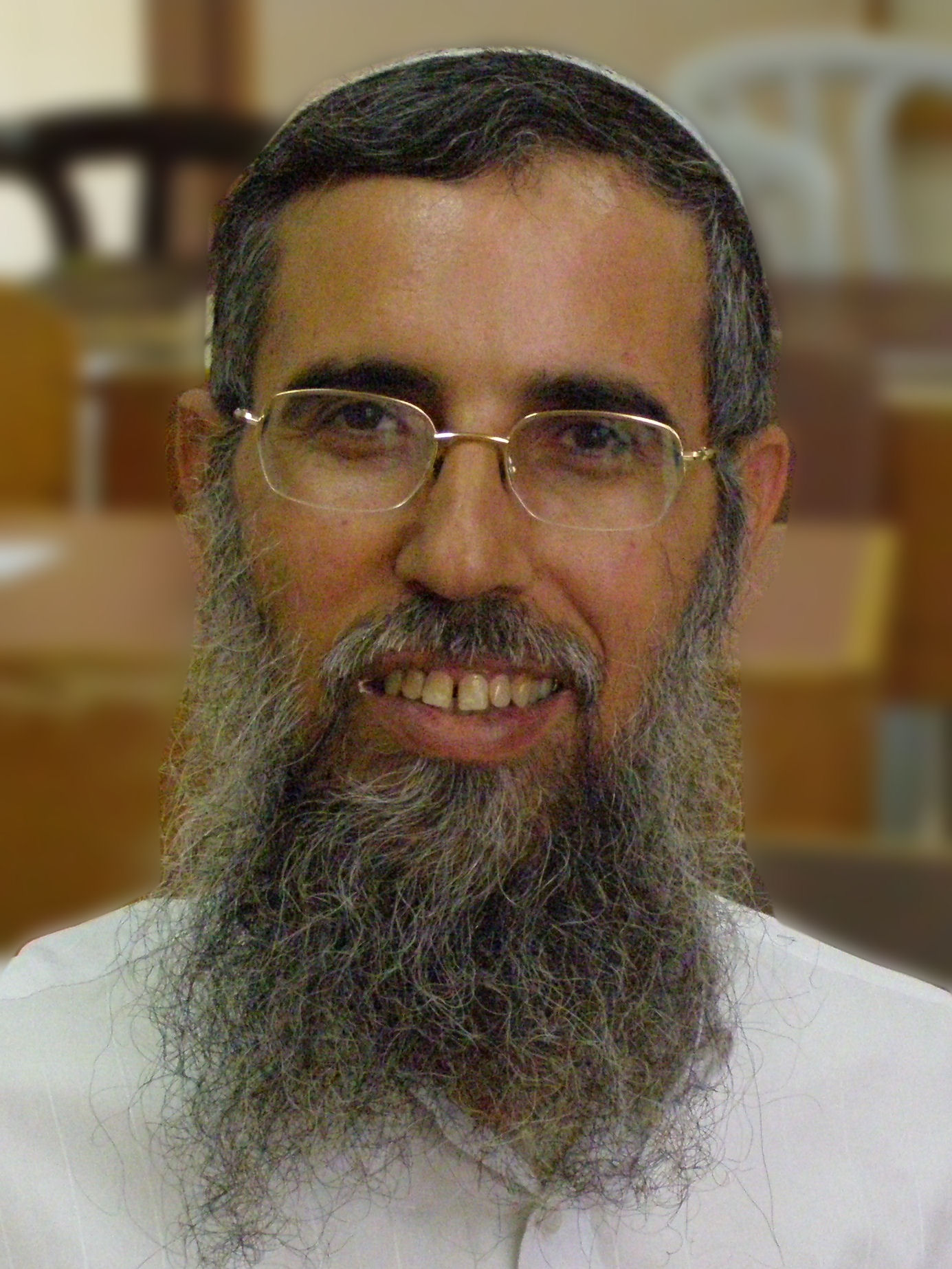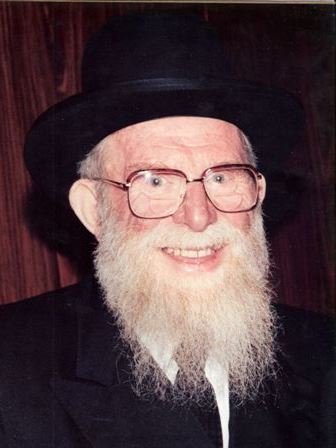Before You
הרב יצחק דעי
We are on the eve of Shabbat Shuva, which is two days before the great and awesome day, "the great day" (Yoma 21). The words of the Rambam echo in our ears (Teshuva 2,7) : "Yom HaKippurim is the time of teshuva for all, for the individual and the community at large, and it is the culmination of atonement and forgiveness for Israel. Therefore all are required to do teshuva (to repent) and to confess on Yom HaKippurim."
The confession (Vidui) occupies a very central place in the service of the day. We say ten confessions on Yom HaKippurim, and this corresponds to the ten times the Name of G-d is uttered by the Cohen Gadol, in holiness and purity (Tur Ohr HaChayim 520).
We must explain one expression which we say tens of times when we itemize our various sins, and this is "before You." "We sinned before You… on the sin which we committed before You." What lies behind the expression "before You"? And would the Vidui be incomplete or insufficient if we were to say "we sinned" with no further ado?
We can say that the main thing we have to confess is that every sin was in reality "a sin which we committed before You." One recalls that he committed various sins: in speech, in thought or in action, and he certainly regrets this. But when he realizes that when he sinned, the sin was before HaShem, in His presence, this is a shock. He is so ashamed distressed that he becomes confounded! It is likely that our primary spiritual effort and concentration at the moments of Vidui is recognizing that all our deeds were done in the presence of G-d. This point greatly intensifies the significance of the sin and the depth of the disappointment.
He who is ashamed of his sin is forgiven immediately (Brachot 12b).
In truth, the expression "before You" is a key phrase in the service of the day. It is logical that its source is in the verse which defines and summarizes Yom HaKippurim: "For on this day (HaShem) will atone for you to purify you, from all your sins before HaShem you will be purified (Vayikra 16, 30)."
We can say that the two sentiments we mentioned above: on one hand the recognition that the sin was committed before HaShem, and on the other hand the awesomeness of the very fact that we are standing in HaShem's presence and being cleansed before Him – led to two well-known drashot (in Yoma 85b), one of Rabbi Elazar Ben Azariah and one of Rabbi Akiva: Rabbi Elazar Ben Azariah says, Yom HaKippurim atones for sins between man and G-d, but not for sins between man and his fellow man, until he appeases him, as we learn from the verse "… from all your sins before HaShem you will be purified." (Implying that Yom HaKippurim atones only for sins toward HaShem; sins toward men must be rectified.) And Rabbi Akiva says: "Fortunate are you, Israel! Before whom are do you purify yourselves, and who (is it who) purifies you? Your Father in Heaven!" We see that Rabbi Akiva's statement is based on the end of the verse: "before HaShem you will be purified."
The "Shem MiShmuel" (Parshat Acharei Mot תרע"ג) learns an additional meaning from this verse: on this day it is revealed that in essence we belong to HaShem, because we are the sons of our Father in Heaven – and He is our source. The significance if this is that on this day, the soul of Israel is revealed – that it always stands before HaShem in purity.
In the complex reality in which we live, on this great day it is revealed and becomes clear that the sins are external to us, "and the goat will bear upon it all their sins to a cut-off land (Azazel)." (Sins = avonotam, and when the word is divided into 'avonot – tam' it means 'the sins of the tam.' Yaakov Avinu is called 'ish tam' – the unblemished man, which is the true nature of Israel). We will stand before HaShem and confess and repent, and the words of prophet regarding teshuva will come to pass: "Let us return to HaShem, for He has lacerated and will heal us, (He) deals a blow and will bind the wound… He will raise us up and we will live before Him. (Hoshea 6: 1-2)"
השיעור ניתן בו' תשרי תשפ"ד
קוד השיעור: 9313
לשליחת שאלה או הארה בנוגע לשיעור:

.jpg)





.jpg)
.jpg)
